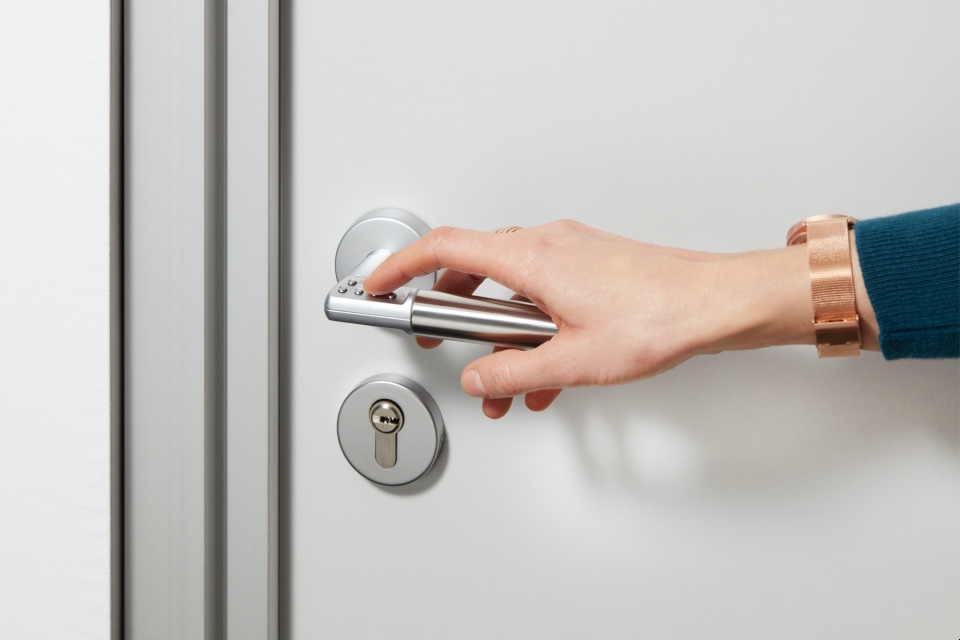Rising crime, specifically violent crime, is a concern for every retailer. Staff are well trained. Stores are alarmed and often linked to 24 hour monitoring services. But is that enough?
Real-time communication between staff is already proven to reduce shoplifting; adding instant access to security expertise provides another level of staff protection.
As Tom Downes, CEO, Quail Digital, explains, when faced with an incident, staff with wireless headsets can communicate not only with their colleagues across the store but also directly with the security experts at the monitoring service to gain essential assurance and instruction…
Violent Threat
Retailers take staff safety incredibly seriously, but how should companies respond to the latest retail crime figures from the British Retail Consortium? Not only is crime rising but attacks are increasingly violent, involving not only knives and guns but also syringes, even tasers; while threatening behaviour is also on the rise.
Of course, staff have always been well trained to deal with issues such as shop lifting and drunkenness. But with individuals now increasingly concerned about the use of violence to assist theft, or in response to a request for proof of age, should retailers still rely on an under the counter panic button? For those convenience stores often staffed by one or two people late at night, the ability to raise the alarm is clearly essential. But what happens next? A 24 hour monitoring centre will immediately alert the police and pull up the CCTV in store; these security staff may even be able to access an in store speaker system to speak directly to everyone in the store, in a bid to calm down the situation and deter the criminal.
However, such a direct approach is not always ideal, especially if there are a number of customers in store. What is required is a way for the 24 hour monitoring service to speak directly to staff – including those who might be in the stock room or on a break – to provide advice and guidance as to how best to proceed with the specific situation.
Immediate Contact
Better communication is already proven to deter crime, with retailers providing staff with wireless headsets reporting a 25% reduction in shrinkage due to petty theft. Shoplifters are deterred by the fact that staff can immediately communicate their concerns to colleagues and gain instant support. Extending the headset communication to include a 24 hour monitoring service can deliver essential real-time support and expertise for staff when a dangerous situation occurs.
With wireless headsets, as soon as the alarm is raised, security staff can not only pull up the CCTV but also hear (and record) everything going on in store via the headset microphone. Advice can be provided to staff members on the front line, not only offering comfort during a terrifying situation but also reinforcing the training already in place and ensuring staff follow protocol to minimise their risk of being hurt.
At the same time, all other members of staff also hear everything being said, wherever they are in the store. This ensures that everyone can respond as required – from removing customers from the store to avoiding accidentally blundering in and exacerbating the situation.
In addition, just as headsets deter shoplifting, the fact that store staff are immediately in touch with security experts and, by default, the police, could also act as a deterrent to those with more violent intent.
Conclusion
Retailers have extremely robust protocols in place today to minimise the impact of crime on staff. However, the rise in violent crime has raised the stakes and it is incumbent upon retailers to reconsider the staff experience – especially in those stores with long opening hours and small staff numbers. Given the changing nature of the threats facing staff, a real-time response is becoming ever more important not only to support, safeguard and comfort individuals during the incident but also present a far more robust deterrent.






